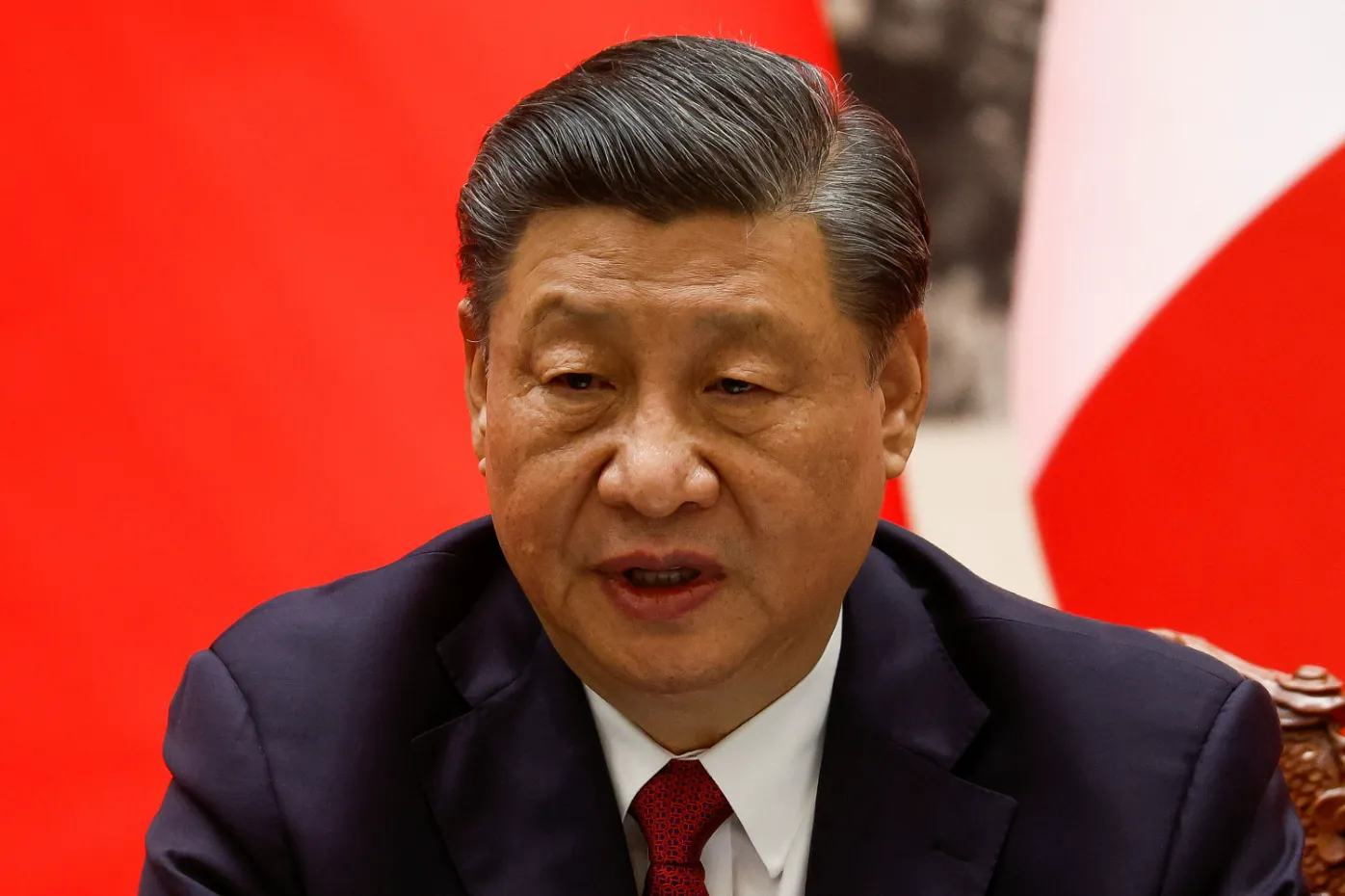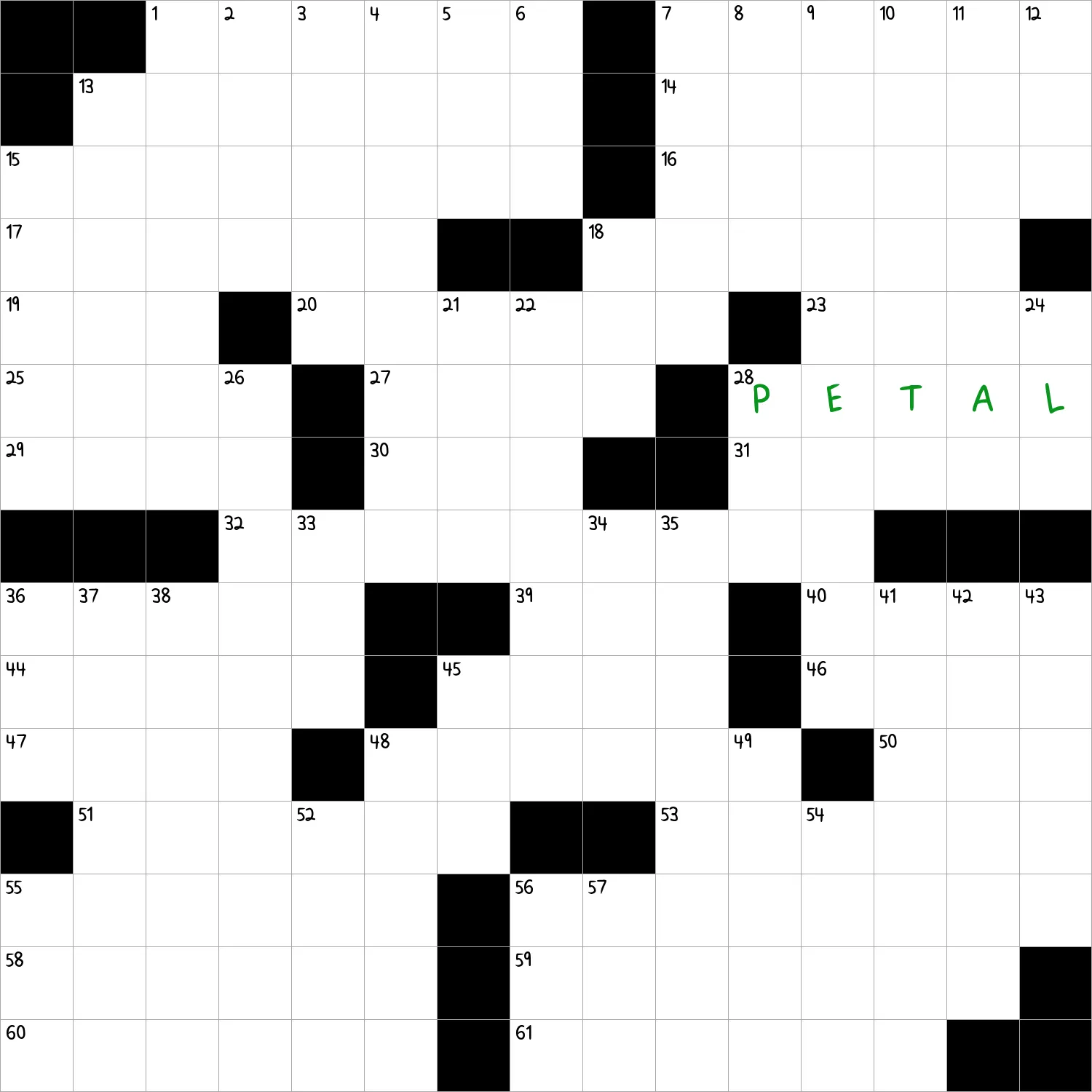Unveiling the Truth: How Meta News is Shaping America’s Digital Landscape
In a landmark decision that has sent ripples through the digital media landscape, Meta has announced a fundamental shift in its approach to news content verification, marking a potentially transformative moment for online information sharing. The tech giant’s move to end its third-party fact-checking program and transition to a community-driven model called Community Notes has sparked intense debate about the future of digital information integrity.
The decision comes at a critical juncture in the digital media ecosystem, where social platforms play an increasingly pivotal role in how Americans consume and understand news. According to the 2024 Digital News Report, a significant portion of the population now relies primarily on social media platforms for their daily news consumption, making Meta’s policy changes particularly consequential.
The Changing Landscape of Digital Verification
Meta’s transition represents more than just a technical adjustment—it’s a philosophical reimagining of content moderation. The new Community Notes system empowers users to contribute to the fact-checking process, potentially democratizing the verification of information. However, this approach is not without its challenges:
- Potential for inconsistent verification
- Risk of amplifying misinformation
- Dependence on user engagement and perspective
Experts remain divided on the implications of this shift. Dr. Emily Rodriguez, a digital media researcher, suggests that “The move could either empower users or create a more chaotic information environment.” The nuanced approach reflects broader conversations about free speech, platform responsibility, and the evolving nature of digital communication.
Implications for News Ecosystems
The decision particularly impacts news deserts—areas with limited local news coverage. By removing professional fact-checking, Meta may be creating additional challenges for communities already struggling with information access. Critics argue that this could potentially:
- Undermine trust in media
- Increase the spread of misinformation
- Complicate civic engagement
“Without robust fact-checking, we risk creating an information landscape where perception becomes more important than truth,” warns media ethics expert Jonathan Chen.
A Broader Technological Trend
Meta’s approach is not occurring in isolation. It represents a wider trend among digital platforms to decentralize content moderation and prioritize user engagement. The move aligns with growing concerns about over-censorship and the need for more transparent content management practices.
The Community Notes model aims to reduce perceived bias by allowing users from diverse perspectives to contribute to information verification. However, the effectiveness of this approach remains uncertain and will likely depend on:
- User participation levels
- Ability to reach consensus
- Mechanisms for monitoring potential misinformation
Looking Forward
As social media continues to dominate news consumption, particularly among younger audiences, the responsibility of platforms like Meta in ensuring information accuracy becomes increasingly critical. The potential ripple effects could influence how other tech companies approach content moderation.
Conclusion
Meta’s transition represents a significant moment in the evolution of digital information sharing. While the full implications remain to be seen, one thing is clear: the landscape of news consumption is undergoing a fundamental transformation.
Key Takeaways:
– Meta is shifting from professional fact-checking to a community-driven model
– The change reflects broader debates about digital information management
– User engagement will play a crucial role in future content verification
Disclaimer: The views expressed are based on current available information and expert analysis.
Reporting by [Your Name]
Published: [Current Date]






Leave a Comment